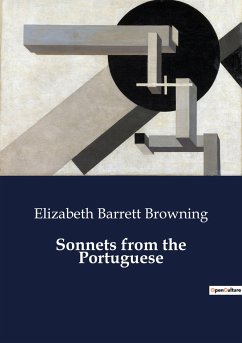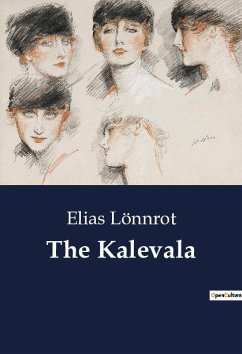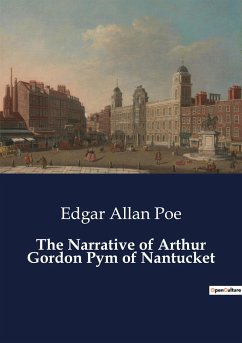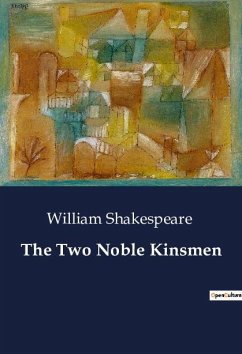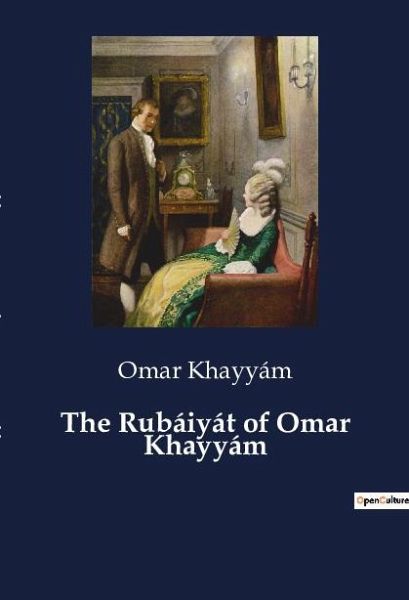
The Rubáiyát of Omar Khayyám
Versandkostenfrei!
Versandfertig in 1-2 Wochen
12,95 €
inkl. MwSt.

PAYBACK Punkte
0 °P sammeln!
Omar Khayyám was a medieval Iranian mathematician, philosopher, scholar, and poet. He was thought to have composed over 1,000 rubáiyát, or quatrains, in his lifetime. Many different scholars have translated selections of Khayyám¿s quatrains, but Edward FitzGerald¿s translation remains the most beloved. FitzGerald¿s translation is interesting in that it isn¿t a literal translation¿rather, FitzGerald took significant artistic license in his interpretation. Thus it¿s tough to say if we should call this a translation of the Rubáiyát, or poems by FitzGerald based on or inspired by Khayy...
Omar Khayyám was a medieval Iranian mathematician, philosopher, scholar, and poet. He was thought to have composed over 1,000 rubáiyát, or quatrains, in his lifetime. Many different scholars have translated selections of Khayyám¿s quatrains, but Edward FitzGerald¿s translation remains the most beloved. FitzGerald¿s translation is interesting in that it isn¿t a literal translation¿rather, FitzGerald took significant artistic license in his interpretation. Thus it¿s tough to say if we should call this a translation of the Rubáiyát, or poems by FitzGerald based on or inspired by Khayyám¿s quatrains. Whatever we call it, this translation is a bright and lyrical celebration of the joys and beauties of everyday life. FitzGerald¿s work has remained popular for hundreds of years precisely because of its uplifting and wondrous quality. This ebook is based on the fifth edition, which is very similar to the fourth edition, the last edition to be published in FitzGerald¿s lifetime. The fifth edition was published posthumously based on FitzGerald¿s notes.




